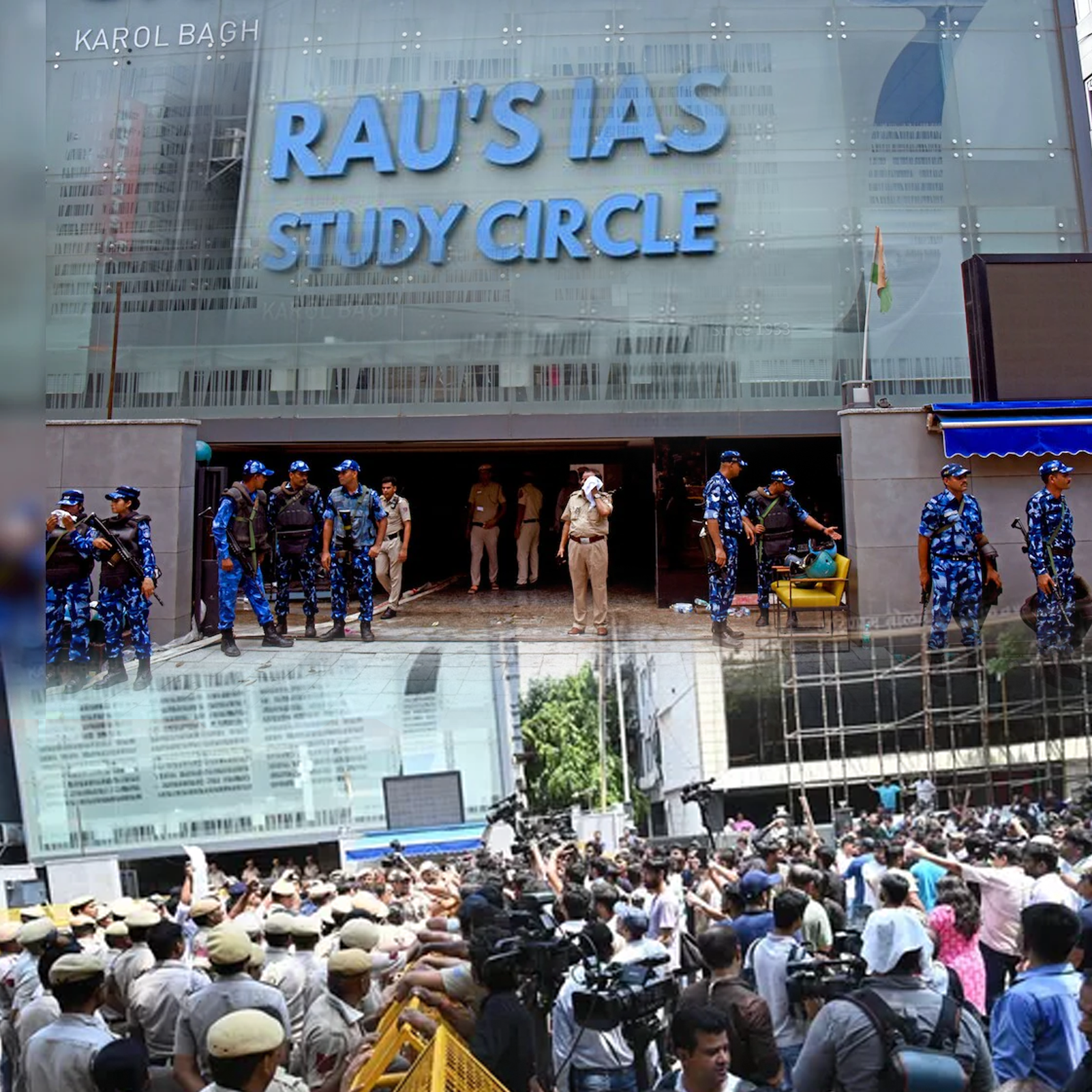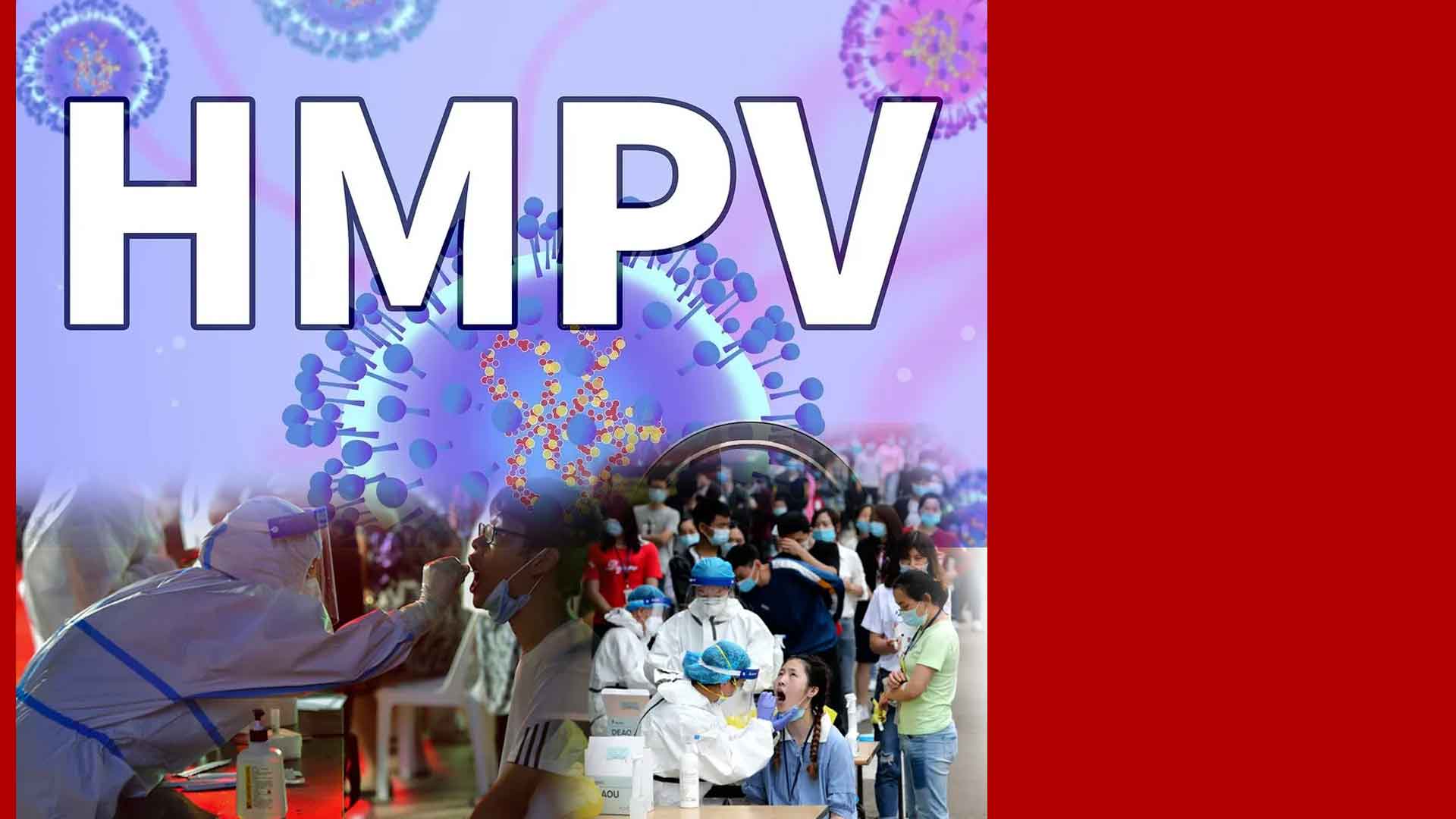UPSC Prelims (Objective Exam)
The UPSC (Union Public Service Commission) Prelims examination is the first stage of the Civil Services Examination in India. The syllabus for the Prelims is divided into two papers:
General Studies Paper I (GS I) (Objective Exam-100 Questions-2 Marks Each Question-200 Marks- 1/3rd Marks Negative-Exam Date-Last week May 2025-2024 Expected Cut off- 90-95 Marks, 2023 Cut off Marks-75 Marks)
The GS I paper tests the candidate's knowledge on a variety of subjects. The syllabus includes:
- Current Events: (20-25 Questions)
- Important national and international events.
- Major social, economic, and political developments.
- History of India and Indian National Movement: (20-22 Questions)
- Ancient, Medieval, and Modern history.
- Significant events, movements, and leaders of the Indian freedom struggle.
- Indian and World Geography: (10-15 Questions)
- Physical, social, and economic geography of India and the world.
- Key geographical features, climate, vegetation, and urbanization.
- Indian Polity and Governance: (10-15 Questions)
- Constitution of India.
- Political system, Panchayati Raj, Public Policy, and Rights Issues.
- Economic and Social Development: (12-16 Questions)
- Sustainable development.
- Poverty, inclusion, demographics, and social sector initiatives.
- Environment and Ecology: (08-20 Questions)
- General issues on environmental ecology, biodiversity, and climate change.
- General Science and Science & Technology (12-18 Questions)
- Basic concepts and applications of science in daily life.
- Focus on current developments in science and technology.
General Studies Paper II (CSAT) (Qualifying Exam- required 1/3rd Marks-67 Marks, Objective Exam-80 Questions-2.5 Marks Each Question-200 Marks- 1/3rd Marks Negative)
The CSAT (Civil Services Aptitude Test) is a qualifying paper with a minimum passing mark of 33%. The syllabus includes:
- Comprehension:
- Reading and understanding passages, including interpretation and analysis.
- Interpersonal Skills Including Communication Skills:
- Understanding interpersonal communication and improving communication skills.
- Logical Reasoning and Analytical Ability:
- Solving logical reasoning and analytical puzzles.
- Decision-Making and Problem-Solving:
- Ability to make decisions and solve problems in a logical manner.
- General Mental Ability:
- Basic numeracy (numbers and their relations, orders of magnitude, etc.).
- Data interpretation (charts, graphs, tables, data sufficiency, etc.).
- Basic Numeracy:
- Numbers and their relations.
- Orders of magnitude, simplification, percentage, averages, and ratios.
UPSC Mains Syllabus (Written Exam)
The UPSC (Union Public Service Commission) Civil Services Mains examination is the second stage of the Civil Services Examination. It consists of nine papers, out of which seven are considered for ranking. The other two are qualifying in nature.
Qualifying Papers
- Paper A: Indian Language (300 Marks)
- One of the Indian languages listed in the Eighth Schedule of the Indian Constitution.
- Comprehension, precise writing, usage, and vocabulary, short essays, and translation from English to the chosen language and vice versa.
- Paper B: English (300 Marks)
- Comprehension, precise writing, usage, and vocabulary, short essays.
Papers to be Counted for Merit
Paper I: Essay (250 Marks- 2 Essay Questions)
- Candidates need to write two essays.
- Topics will be based on current affairs, socio-economic issues, and general knowledge.
- Clarity of expression, coherence, and adherence to the topic are evaluated.
Paper II: General Studies I (GS I) (250 Marks-20 Questions)
- Indian Heritage and Culture, History, and Geography of the World and Society:
- Indian Culture: Salient aspects of art forms, literature, and architecture from ancient to modern times.
- Modern Indian History: Significant events, personalities, and issues from the 18th century.
- The Freedom Struggle: Various stages, contributors from different parts of the country.
- Post-Independence Consolidation: Reorganization within the country.
- History of the World: Events from the 18th century, such as industrial revolution, world wars, redrawing of national boundaries, colonization, decolonization, political philosophies.
- Indian Society: Structure, diversity, and related issues.
- Geography: Physical geography, resources distribution, and geographical features impacting flora, fauna, and human life.
Paper III: General Studies II (GS II) (250 Marks-20 Questions)
- Governance, Constitution, Polity, Social Justice and International Relations:
- Indian Constitution: Historical underpinnings, evolution, features, amendments, significant provisions, and basic structure.
- Functions and Responsibilities: Of the Union and States, issues, and challenges pertaining to the federal structure.
- Separation of Powers: Dispute redressal mechanisms and institutions.
- Parliament and State Legislatures: Structure, functioning, conduct of business, powers, privileges, and issues arising.
- Executive and Judiciary: Structure, organization, and functioning.
- Ministries and Departments of Government: Pressure groups, formal/informal associations, and their role in the polity.
- Welfare Schemes: For vulnerable sections by the Centre and States, performance, and mechanisms.
- Issues relating to development and management of Social Sector/Services: Health, Education, Human Resources.
- International Relations: Bilateral, regional, and global groupings and agreements.
Paper IV: General Studies III (GS III)(250 Marks-20 Questions)
- Technology, Economic Development, Bio-diversity, Environment, Security, and Disaster Management:
- Indian Economy: Issues related to planning, mobilization, resources, growth, development, and employment.
- Inclusive Growth: And associated issues/challenges.
- Government Budgeting.
- Major Crops: Cropping patterns, irrigation, e-technology in aid of farmers.
- Infrastructure: Energy, Ports, Roads, Airports, Railways, etc.
- Science and Technology: Developments and their applications and effects in everyday life.
- Environmental Conservation.
- Disaster Management.
- Internal Security: Challenges, links between development and spread of extremism.
Paper V: General Studies IV (GS IV)(250 Marks-12 Questions including case studies)
- Ethics, Integrity, and Aptitude:
- Ethics and Human Interface: Essence, determinants, and consequences of Ethics in human actions; dimensions of ethics.
- Attitude: Content, structure, function, its influence and relation with thought and behavior.
- Aptitude and Foundational Values: For Civil Service, integrity, impartiality, non-partisanship, dedication to public service.
- Emotional Intelligence: Concepts and their utilities and application in administration and governance.
- Contributions of Moral Thinkers and Philosophers.
- Public/Civil Service Values and Ethics in Public Administration.
- Probity in Governance: Concept of public service; philosophical basis of governance and probity.
Paper VI & Paper VII: Optional Subject Papers I & II (250 Marks each paper-500 Marks total)
- Candidates choose one optional subject from the list of subjects provided by the UPSC.
- Each optional subject has two papers.
- List of optional subjects for Main Examination: (i) Agriculture (ii) Animal Husbandry and Veterinary Science (iii) Anthropology (iv) Botany (v) Chemistry (vi) Civil Engineering (vii) Commerce and Accountancy (viii) Economics (ix) Electrical Engineering (x) Geography (xi) Geology (xii) History (xiii) Law (xiv) Management (xv) Mathematics (xvi) Mechanical Engineering (xvii) Medical Science (xviii) Philosophy (xix) Physics (xx) Political Science and International Relations (xxi) Psychology (xxii) Public Administration (xxiii) Sociology (xxiv) Statistics (xxv) Zoology (xxvi) Literature of any one of the following languages: Assamese, Bengali, Bodo, Dogri, Gujarati, Hindi, Kannada, Kashmiri, Konkani, Maithili, Malayalam, Manipuri, Marathi, Nepali, Odia, Punjabi, Sanskrit, Santhali, Sindhi, Tamil, Telugu, Urdu and English.
UPSC Personality Test
The final stage of the UPSC Exam is the Personality Test, where candidates are interviewed by a Board that has access to their career records. The interview focuses on matters of general interest, aiming to evaluate the candidate's suitability for a career in public service.
The primary objective of the Interview/Personality Test is to assess the candidate's mental calibre. This involves evaluating both intellectual qualities and social traits, as well as the candidate's interest in current affairs. The Board looks for qualities such as mental alertness, critical powers of assimilation, clear and logical expression, balanced judgement, a variety of interests, depth of interest, social cohesion ability, leadership potential, and intellectual and moral integrity.
The interview technique is not a strict cross-examination but rather a natural, directed, and purposive conversation designed to reveal the candidate's mental attributes.
For comprehensive guidance and expert coaching, join Dhananjay IAS Academy, the Best UPSC Coaching in Patna. Our dedicated faculty and structured programs ensure you are well-prepared for every stage of the UPSC exam.

 Illegal Use of Basements in Delhi: Coaching Institutes Sealed
Illegal Use of Basements in Delhi: Coaching Institutes Sealed  What is the HMPV Virus, its symptoms, and how to protect yourself?
What is the HMPV Virus, its symptoms, and how to protect yourself?